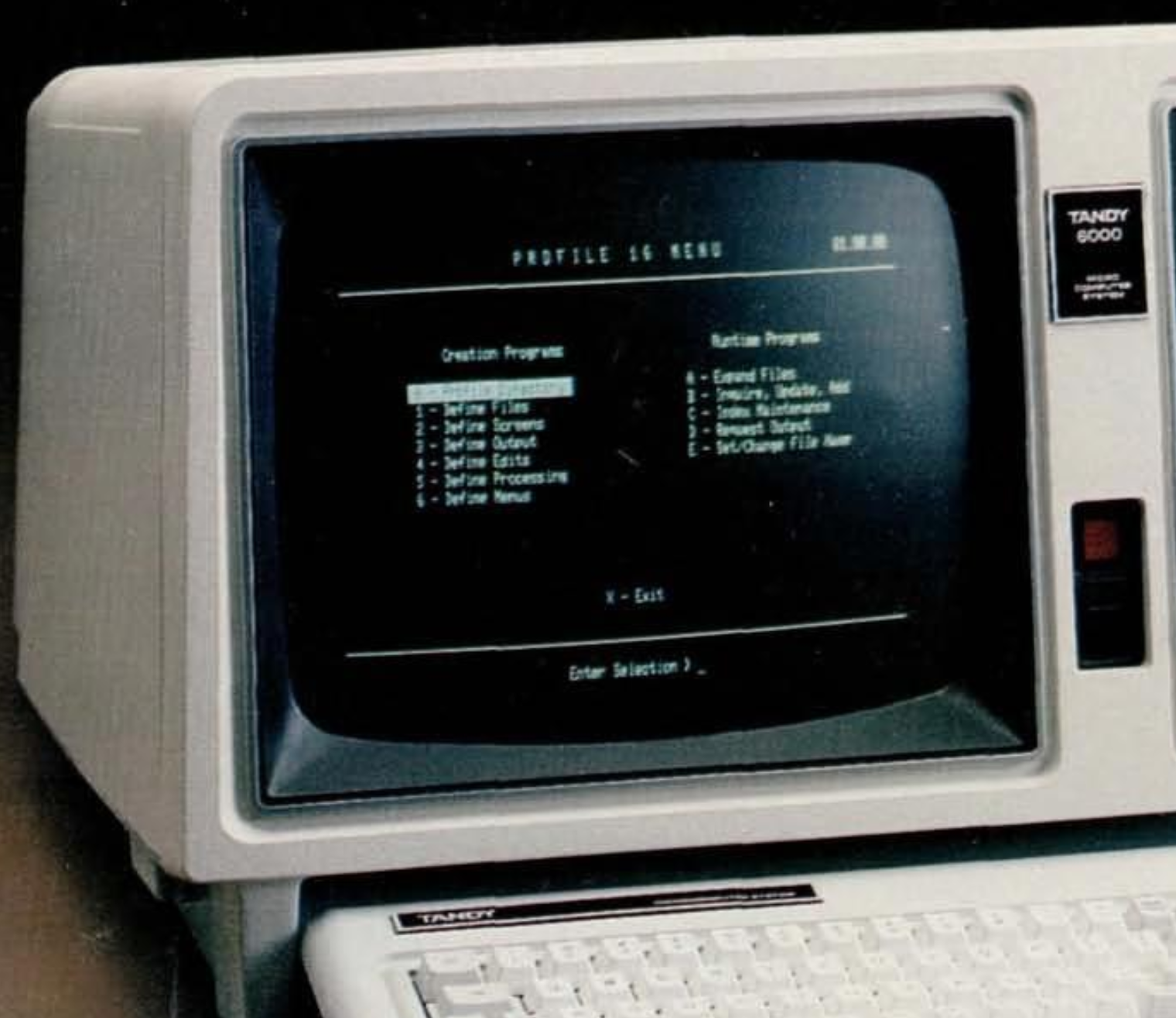Prior to taking the job I have now as editorial director for Linux.com, I was a freelancer for about six years, writing for Linux Magazine, Enterprise Linux Magazine, UnixReview.com, Linux Weekly News, IBM developerWorks, ZDNet, and a few others.
I thought I’d share a few tips here that might help prospective authors get a little work on the side, or maybe even start up a freelancing career of their own.
In the tech industry, it’s not necessary to be the world’s best writer to get work. Clean copy that’s accurate and easy to read will be just fine — you don’t have to be John Irving or P.J. O’Rourke to get work. It helps to be a subject matter expert in one or two areas, or to be able to do research rather quickly, if you want to write tutorials and HOWTO type articles.
The first step, though, is to send a query email to the target publication. I’ve written hundreds of queries, and read even more, so let me share a little of what I’ve learned that may help you be more successful in getting a query accepted.
- You should be familiar with the publication, and read their writer’s guidelines thoroughly before submitting a query. Pitching a 8,000 word article to a publication that spells out its preference for 1,500 word articles is a bit silly. Sending in unsolicited manuscripts to a publication is also usually frowned upon — though some publications accept them, you’ll find out through their writer’s guidelines if not.It has been my experience that authors that do not follow the writer’s guidelines generally, if not always, tend to submit articles that are of lesser quality than the writers who follow the guidelines.
- Introduce yourself. If you’re pitching to a publication for a first time, or the first time following a long interval and/or change of editorial staff, you should provide a little information about yourself — such as “Hi, I’m Wana B. Author, and I’ve been using Apache since day two. I have extensive experience as a Webmaster, and I think I’d be an ideal person to write an article about tuning Apache performance.“This is infinitely better than a query that just starts, “What about an article on…?” Once you’ve established a rapport with the editors at a publication, you can be less formal (usually) but it’s best to start off with an introduction.
- Your query should be free of spelling or grammatical errors. When I receive a query that has numerous errors, I have no desire to edit an entire article by the prospective author. Maybe they will make more of an effort when submitting the final product, but why take that chance? If the author can’t even bother to use their Shift key (”hi, i’m a linux admin, and i’d like to write an article on apache.”) I’m probably going to say “no thanks” to their submission.
- Your query should be brief, descriptive, and interesting. I’d say the best queries are no longer than three paragraphs (if they include an introduction) and contain everything an editor needs to know to decide whether an article is suitable or not.For example: The XYZ project has just released version 11.0 of their popular software. I’d like to write an article that looks at the new features in this release, whether users of XYZ 10.0 should upgrade, and how to upgrade or install XYZ if they chose to try it out.The article would be about 1,500 words, and be aimed at users with intermediate or better skills. I could have this to you within three weeks, if you approve this pitch. Instead, what I often see is something like this:I’d like to write an article on XYZ.
Guess which article will be approved?
- Acceptance first, money second. Many publications will publish their pay rates, but if not, wait until after an article is accepted to ask about payment.
- One at a time. Most publications want to have an exclusive on an article for a period of time — could be as little as 30 days, or it could be much longer. You’ll find out once you see the publication’s contract.
- Be prepared for rejection. Don’t expect every pitch to be approved. It’s not personal — and most of the time editors will say why a query isn’t accepted. It’s not unusual, for example, for several people to offer to write articles about GNOME when a new version comes out, or for us to have a staff writer working on something when we receive a query from a freelancer on the same topic. Or, maybe the topic is too general, too ambitious for a full article, or just not quite right. Take a deep breath, wait a day or two, and try again.
If you’re really interested in learning how to write query letters, hit Google for query letters, and you’re bound to find a few samples that you can use to start with.
(This post rescued from the dustbin of history thanks to the copy saved by archive.org.)









